Team
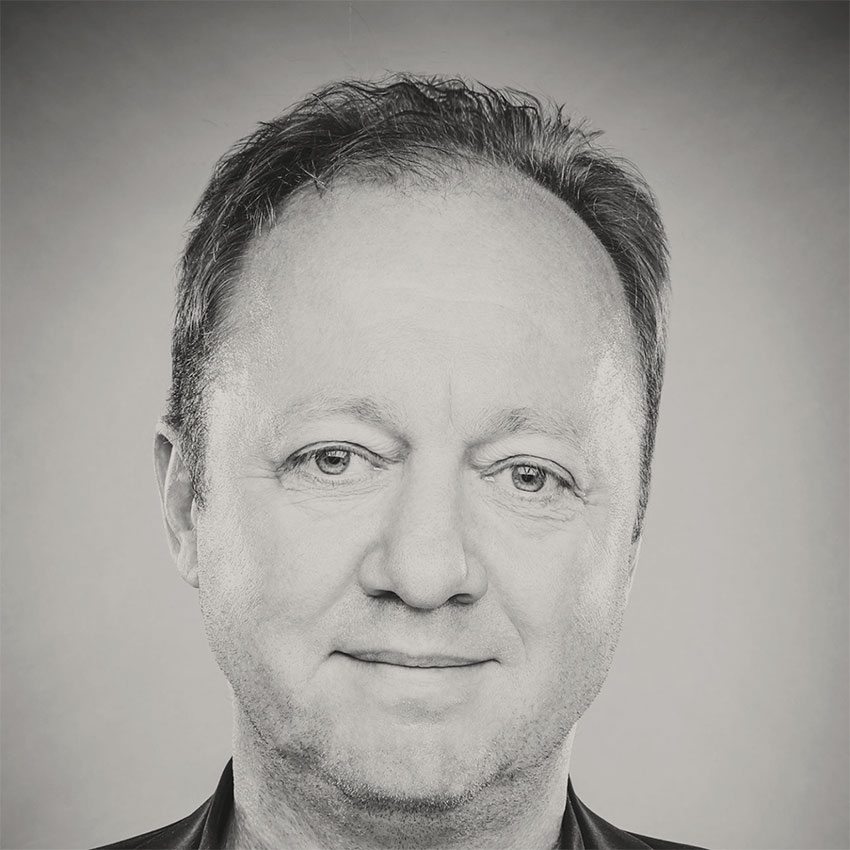
Jan Claas Behrends
is Senior Researcher at the Leibniz Centre for Contemporary History (ZZF) in Potsdam and a Professor of History at European University Viadrina in Frankfurt on Oder. He coordinates the international network “legacies of communism” at ZZF. His research interests include the modern history of Russia, Poland and Ukraine, Stalinism and modern dictatorships, war and violence as well as the post-Soviet era. He has widely published on these subjects in several languages.
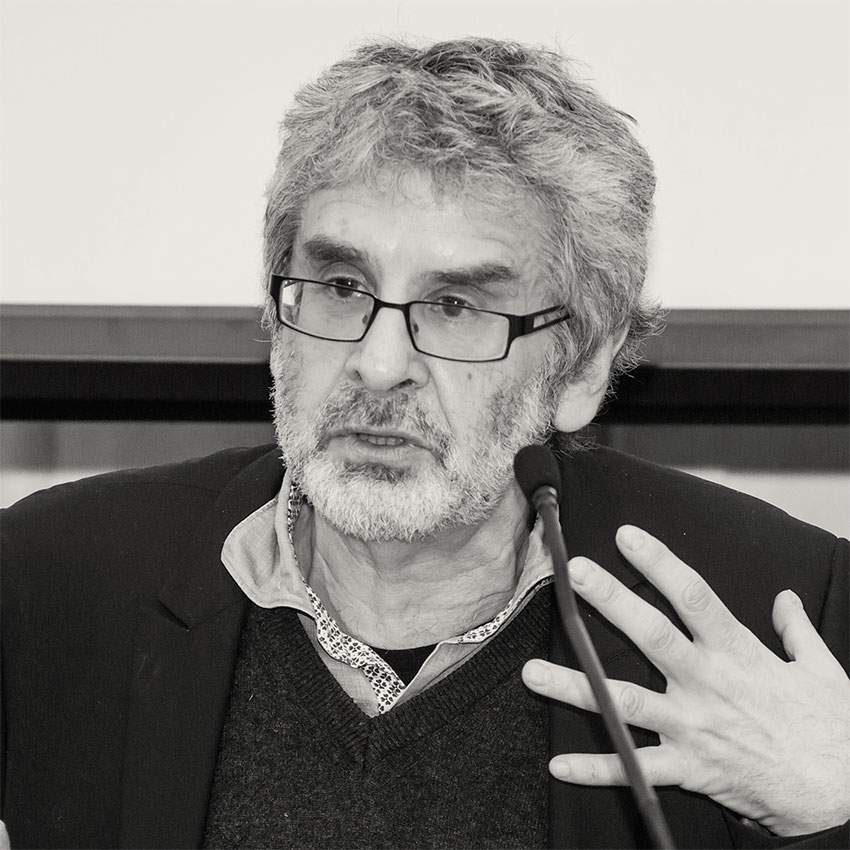
Alexander Etkind
is Professor of History at the European University Institute at Florence. He previously taught at the University of Cambridge, the Aleksanteri Institute in Helsinki, and the European University in St. Petersburg. Among other publications, he is the author of Eros of the Impossible. The History of Psychoanalysis in Russia (Westview Press 1996), Internal Colonization: Russia’s Imperial Experience (Polity Press 2011), and Warped Mourning: Stories of the Undead in the Land of the Unburied (Stanford University Press 2013). He also co-authored Remembering Katyn (Polity 2012), co-edited Memory and Theory in Eastern Europe (Palgrave 2013), and Cultural Forms of Protest in Russia (Routledge 2017). His most recent book, A Natural History of Evil: Global Resources from the Russian Perspective, has just been published in Russia in 2020.
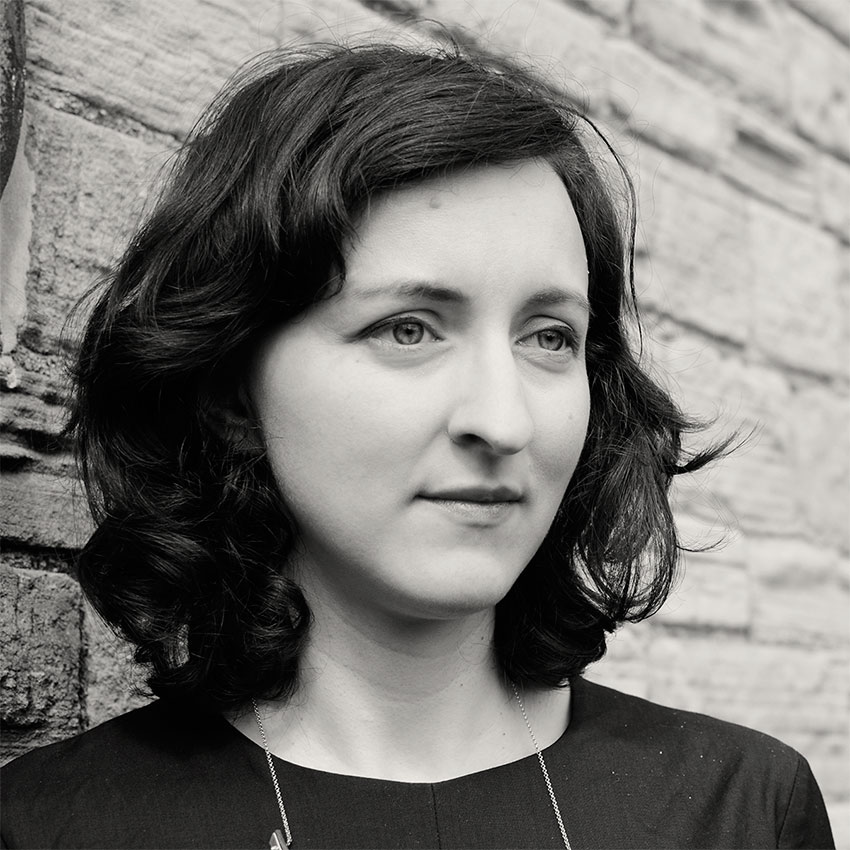
Dina Gusejnova
is Associate Professor of Modern European History at the Department of International History, London School of Economics. She has previously been Senior Lecturer in Modern History at Sheffield University and has taught at Queen Mary University of London, UCL, and at the University of Chicago. She is the author of European Elites and Ideas of Empire, 1917-57 (Cambridge University Press 2016), and the editor of Cosmopolitanism in Conflict: Imperial Encounters from the Seven Years’ War to the Cold War (Palgrave 2018). Her current research concentrates on the longer-term impact of the internment of scholars from continental Europe in Britain during the Second World War. At LSE, she is also a member of the Ukraine Hub UK Academic Taskforce.
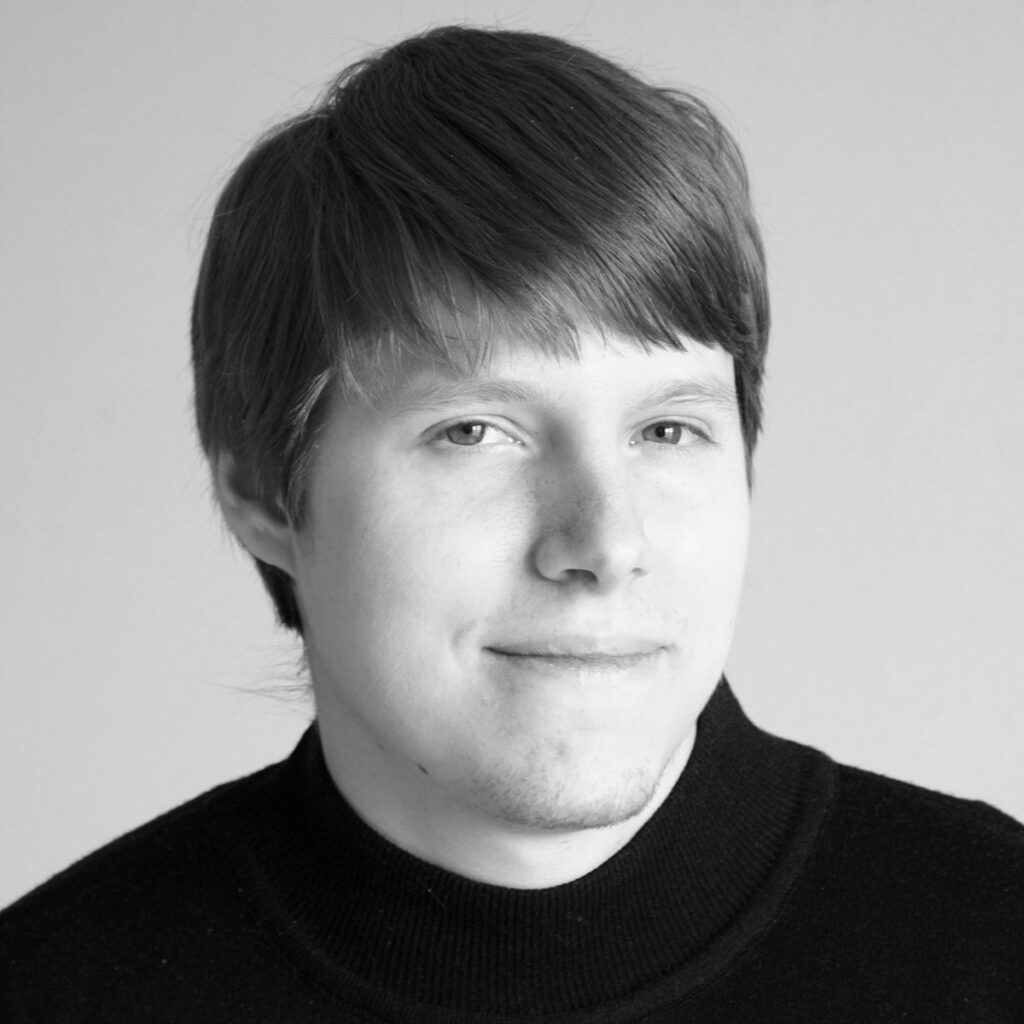
Mykola Makhortykh
Mykola Makhortykh is an Alfred Landecker lecturer and a principal investigator for the project “Algorithmic turn in Holocaust memory transmission: Challenges, opportunities, threats”. In his research, Mykola examines politics- and history-centred information behaviour in online environments and how it is affected by the information retrieval systems, such as search engines and recommender systems. To achieve this goal, he combines traditional social science methods (e.g., content analysis and focus groups) with novel computational approaches (e.g., deep learning and agent-based testing). His other research interests include artificial intelligence, trauma and memory studies, in particular digital Holocaust remembrance, armed conflict reporting, cybersecurity and critical security studies, and bias in information retrieval systems.
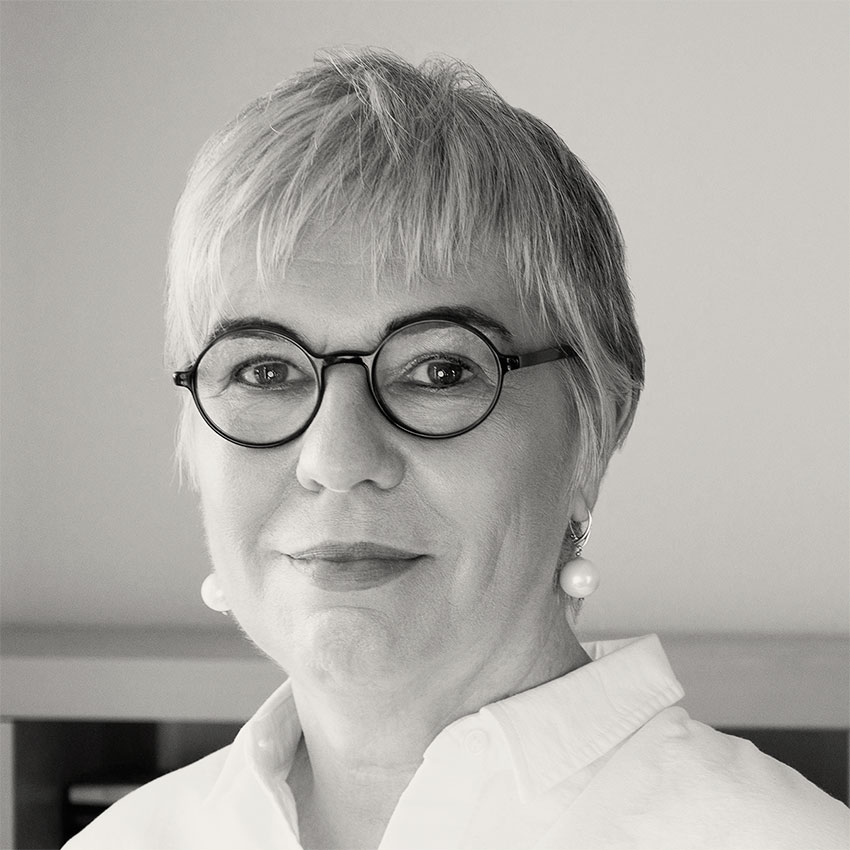
Andrea Pető
is a historian and Professor at the Department of Gender Studies at Central European University, Vienna, a Research Affiliate of the CEU Democracy Institute, Budapest, and a Doctor of Science of the Hungarian Academy of Sciences. Her works on gender, politics, Holocaust, and war have been translated into 23 languages. In 2018 she was awarded the All European Academies (ALLEA) Madame de Staël Prize for Cultural Values. She is Doctor Honoris Causa of Södertörn University, Stockholm. Recent publications include: The Women of the Arrow Cross Party. Invisible Hungarian Perpetrators in the Second World War (Palgrave, Macmillan 2020), and Forgotten Massacre: Budapest 1944 (DeGruyter 2021). She writes op-ed pieces for many (inter-)national media.
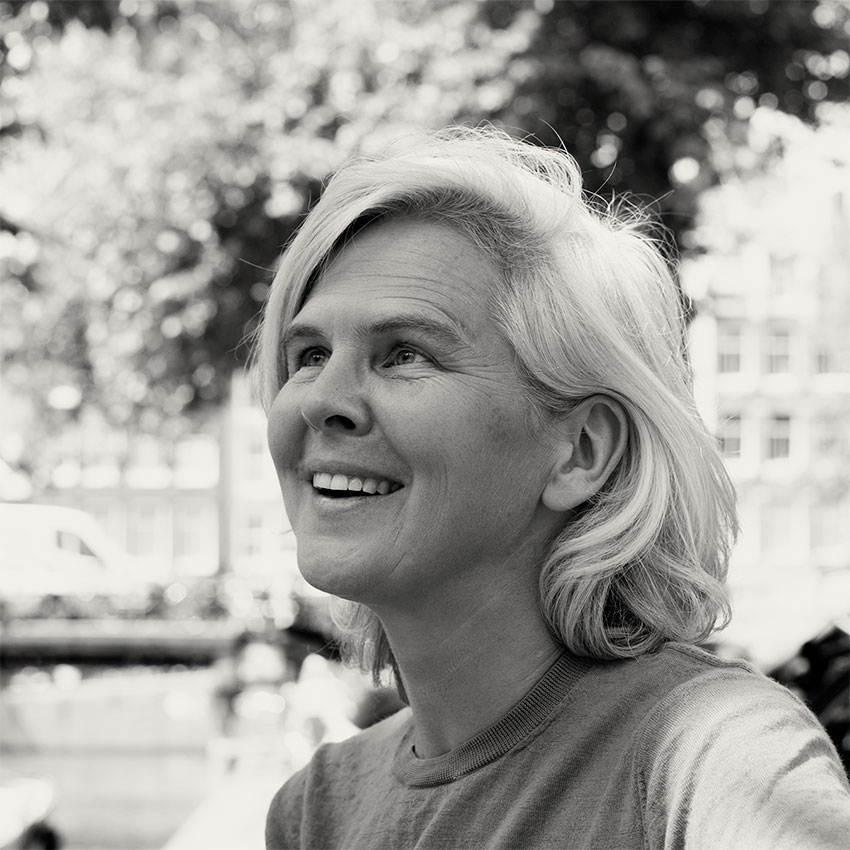
Ellen Rutten
is Professor of Literature, chair of the Modern Languages department at the University of Amsterdam, and editor-in-chief of the journal Russian Literature. Her research interests include Russian and global contemporary literature, art, and media. Among other publications, she is author of Sincerity after Communism (Yale University Press 2017; translated into Russian as Iskrennost’ posle kommunizma in 2022 by Neprikosnovennyi zapas), and Unattainable Bride Russia (Northwestern University Press 2010). She is co-editor of Memory, Media and Conflict (Routledge 2014), Poetins rechtbank: proteststemmen uit een autoritaire staat (Nieuw Amsterdam 2018), and Imperfections (Bloomsbury 2021).
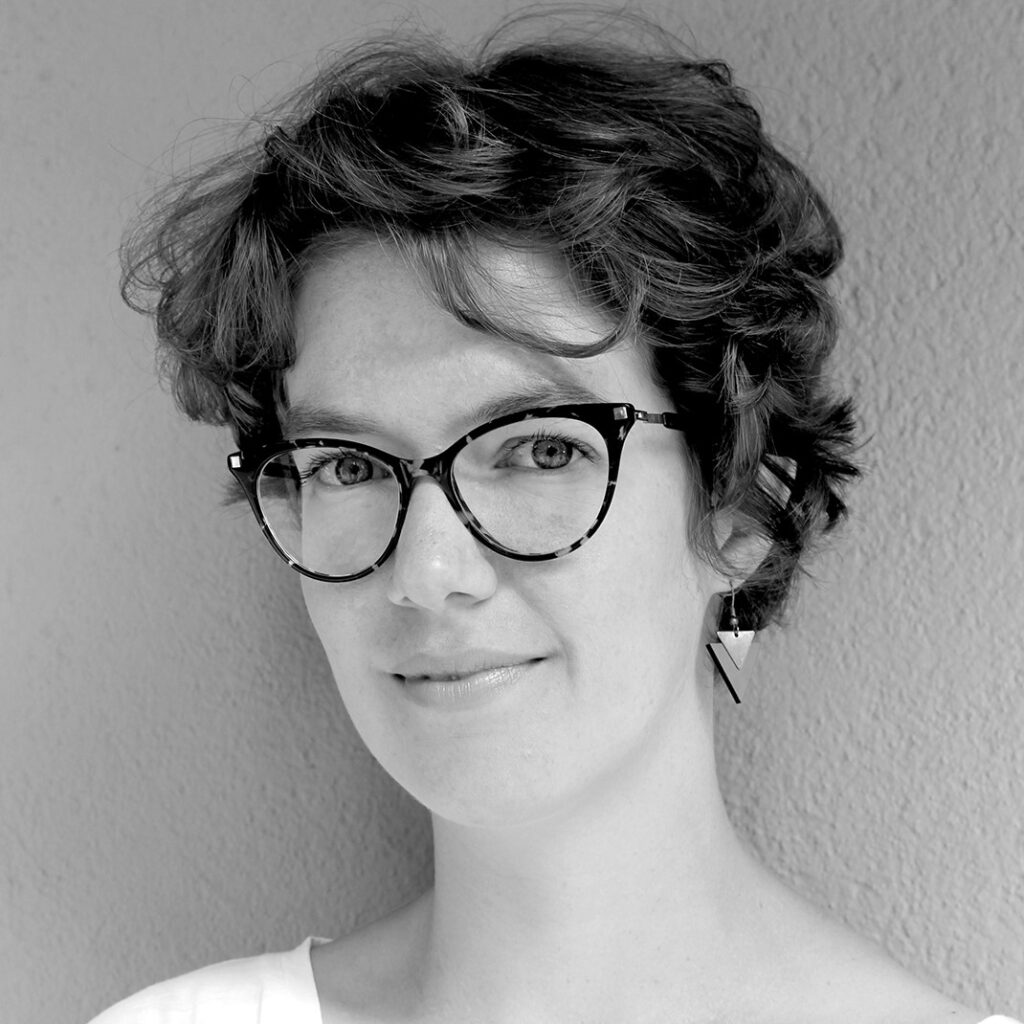
Dorine Schellens
is Assistant Professor at Leiden University with a focus on contemporary German and Russian literature and culture. Her research concentrates on the intersections between Russian and German cultural history of the late 20th and 21st century, protest art, and cultural theory. She is the author of Kanonbildung im transkulturellen Netzwerk (transcript 2021) on the international reception history of Moscow conceptualism, and co-editor of Literaturkontakte: Kulturen – Medien – Märkte (Frank & Timme 2018), and Reading Russian Literature, 1980-2020. Literary Consumption, Memory and Identity (Palgrave/Macmillan, forthcoming).
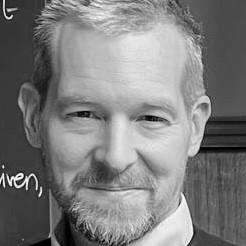
Philipp Christoph Schmädeke
is Political Scientist (Dr.rer.pol.) at the Federal Agency for Civic Education, Berlin. He has previously taught at the Pedagogical University in Rostov-on-Don and the University of Potsdam. He is the author of A History of Realistic Democracy Theory (Geschichte der Realistischen Demokratietheorie, Bonn 2022) and Political Regime Changes (Politische Regimewechsel. Grundlagen der Transitionsforschung, Tübingen 2012).